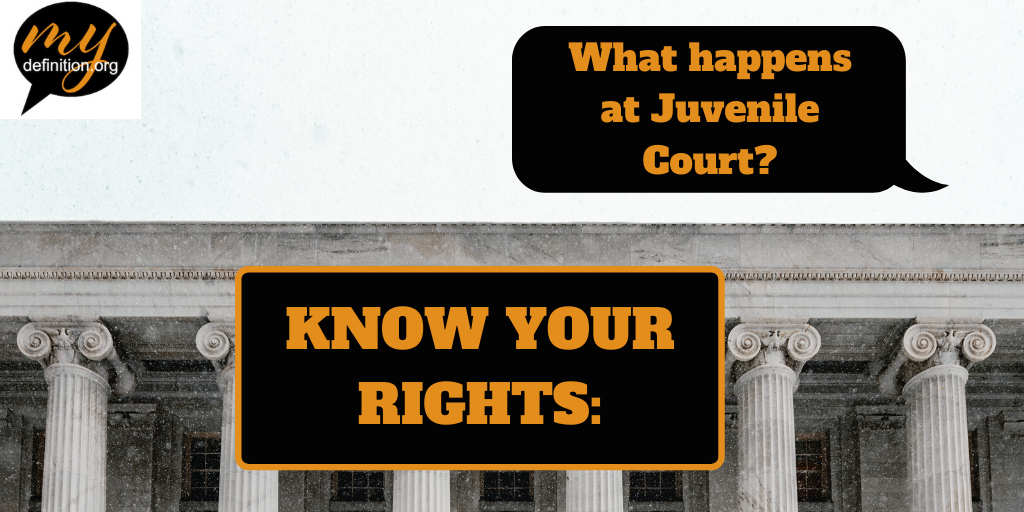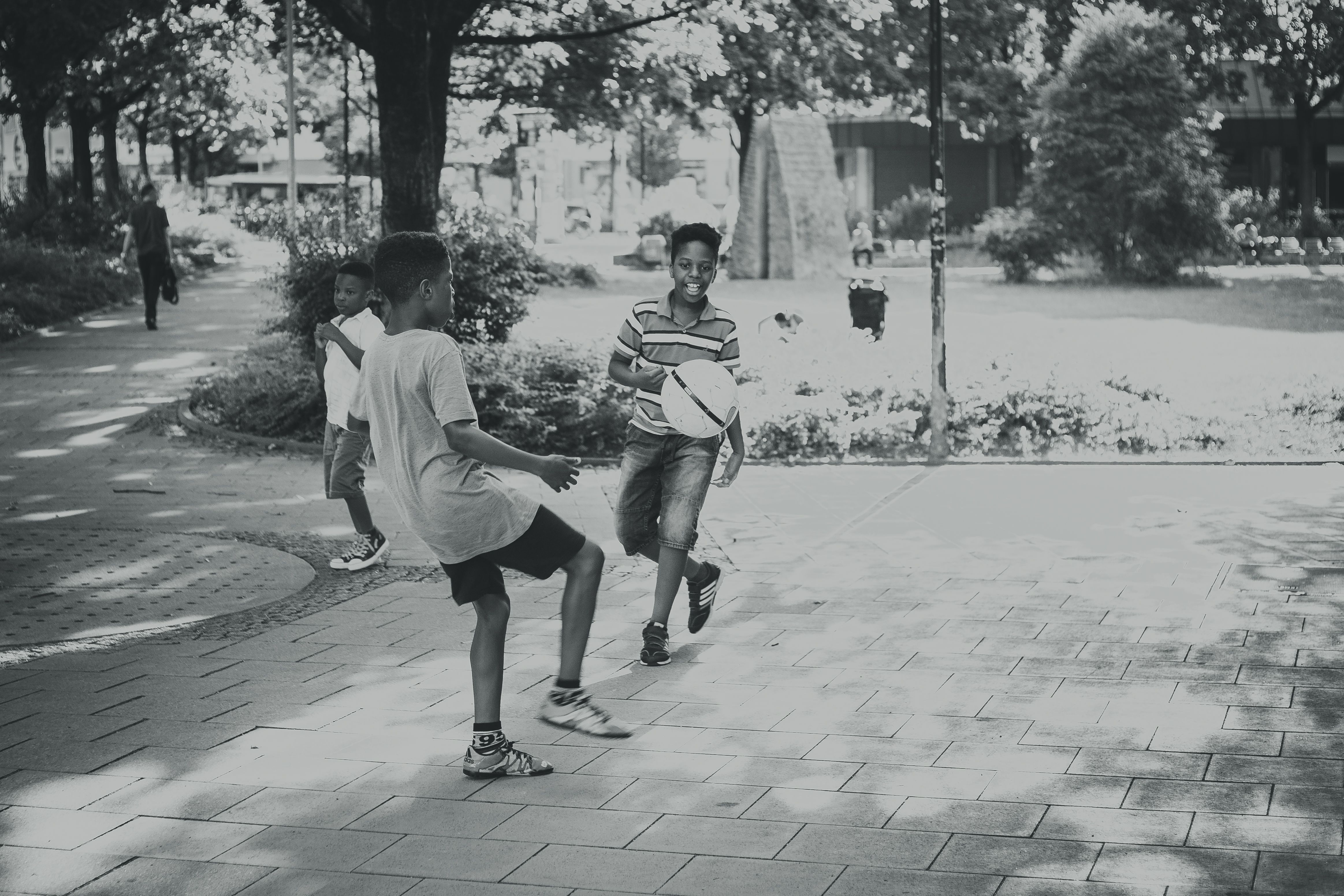
What happens at juvenile court can depend on several factors, including what you are charged with and your age.
What can I expect the process to be like at juvenile court?
The process can take between either 4-6 hours or last for many weeks.
First, if you have been charged with committing a serious illegal act, or felony level offense, you will get fingerprinted and photographed before going to court.
Next, you will have a first appearance and arraignment.
- During an arraignment, you be formally charged in front of a judge or referee.
- The court also decides if you can go home before the first hearing or if you have to go to a juvenile detention center.
Next one of three things will happen:
- A plea bargain: An agreement between the prosecutor and the youth.
- Often the youth agrees to admit they are guilty in exchange for an easier punishment. This might include attending therapy, obeying curfew, or paying a victim for damages.
- Adjudicatory hearing: An adjudicatory hearing is juvenile court’s version of a trial.
- During the hearing, the prosecutor and youth’s attorney present their evidence and make their best arguments about the facts of the case.
- A judge hears the case, not a jury. At the end, a judge decides if a juvenile is innocent or guilty (referred to as “delinquent”).
- If a youth is found to be delinquent, they are evaluated, and a recommendation is given to the judge. Then, the judge decides on a punishment. This might include options such as therapy, going to juvenile detention, community service, paying a fine, or probation.
- Diversion programs
- Sometimes instead of proceeding with an adjudicatory hearing right away, a judge may divert a case, by sending the youth to a community program that will work with them.
- Youth may have to do counseling, complete community service, take classes, or pay a fee.
- After completing the program, the charges are dropped. If the youth does not complete the program, the case goes back to the judge to go through the adjudicatory process.
When do I get a lawyer?
- Your family can hire a private lawyer or the court can appoint a lawyer to defend you.
- At the first appearance, your parent/guardian can complete an application to find out if you qualify for a lawyer based on their income
- However, you will only be appointed a lawyer for misdemeanor or higher offenses.
For more information on the process, watch this video from the Hennepin County Juvenile Court.
Disclaimer: This document is intended to be informational. It is not legal advice concerning your specific situation. Please see a lawyer if you need advice about a specific situation.







